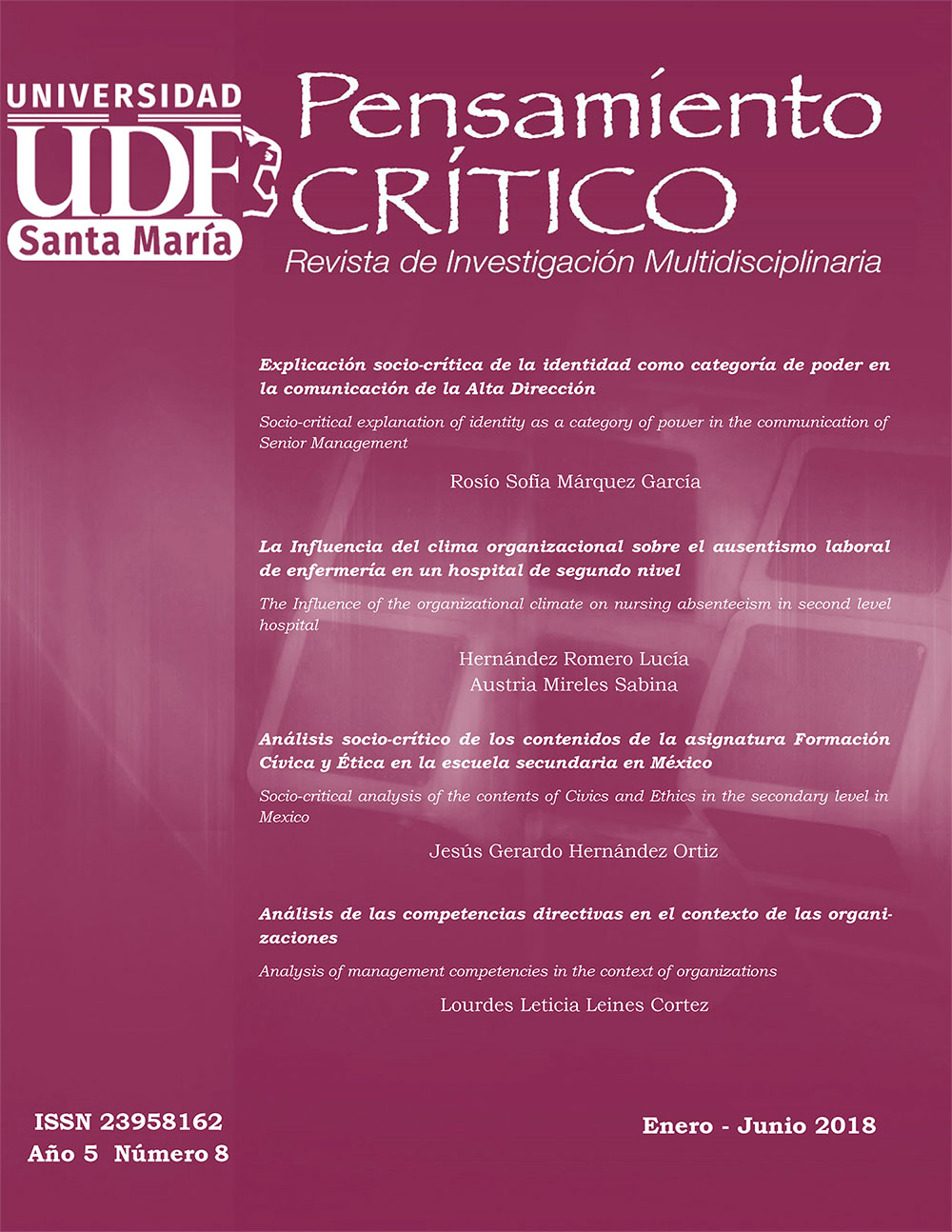Abstract
In this research, an analysis was made of the expected learning of Civic Education and Ethics at secondary level in Mexico from the critical theory. Subsequently, conceptualizations related to the critical pedagogy of Paulo Freire were identified. The analysis was carried out from the socio-critical paradigm, using the hermeneutic method and as a research instrument the Atlas.ti program of qualitative text analysis was used. The results show the relationship of the expected learning of the subject with the conceptualizations of Freire's critical pedagogy with 79 linked appointments between the object of analysis and the theory. The objective of this research is to analyze the link between Freire's critical pedagogy and the expected learning of the subject Civic Training and Ethics. The conclusions propose that teachers use Freire's critical pedagogy to teach the subject.
References
AFrankenberg, G. (2011). Teoría crítica. Revista sobre enseñanza de derecho, 9 (17), 67-84.
Freire, P. (1970). Pedagogía del oprimido. México: Siglo XXI Editores.
Freire, P. (2005). Educación y Mudanza. México: La mano.
Habermas, J. (1987) Teoría de la acción comunicativa 1. México: Taurus editorial
Secretaria de Educación Pública (2011). Programas de estudio 2011. Guía para el Maestro. Educación Básica. Secundaria. Formación Cívica y Ética. México: Secretaría de Educación Pública
Rodríguez, L. (2015). La formación Cívica y ética en la escuela: entre la instrucción y la formación. Revista Folios, 41, 37-50.
Secretaria de Educación Publica (2011). Plan de estudios 2011. México, 2011. Disponible en: http://www.forosecundariasep.com.mx/planes/FCyE_SEC.pdf
Secretaria de Educación Publica (2017). Nuevo Modelo educativo. Disponible en: https://www.gob.mx/sep/documentos/nuevo-modelo-educativo-99339

This work is licensed under a Creative Commons Attribution-NonCommercial-NoDerivatives 4.0 International License.
Copyright (c) 2025 Pensamiento Crítico. Revista de Investigación Multidisciplinaria

